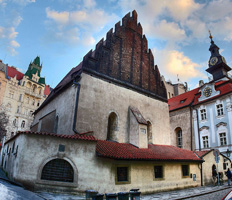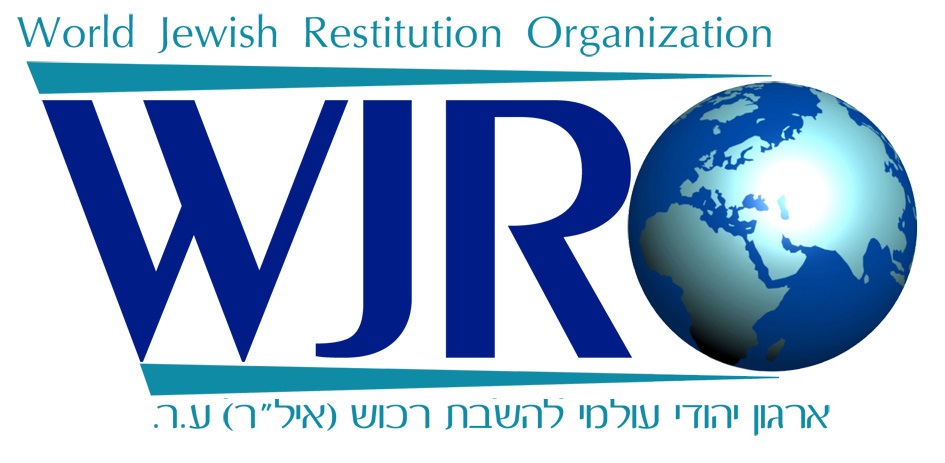 WJRO Czech Republic Operations
WJRO Czech Republic Operations
The Czech Republic has returned a number of Jewish communal properties and there has been a private property claims process with limitations.
Communal Property
A number of government decrees in the 1990s resulted in the return of certain state-held confiscated property to various Jewish communities. In addition, in 1998, a government commission – the Mixed Working Commission Involved in Mitigating Some Property Injustices Incurred by the Victims of the Holocaust Victims – headed by Deputy Prime Minister Pavel Rychetsky (“Rychetsky Commission”) – gathered “facts and documentation [about] Jewish property confiscated by the German occupation organs.” The Rychetsky Commission’s recommendations led – among other conclusions – to the enactment of Law No. 212, On Alleviating Some Property Injustices Incurred by the Holocaust (2000). Pursuant to this law, the Federation of Jewish Communities presented a list of formerly Jewish-owned communal properties to the government. The properties under this model have been returned based on the Government’s decision. Currently, there still are three key assets that have not been returned: two in the town of Brno (police tennis courts and a house on Koliste Street), and one in Trutnov (a former B’nai B’rith building). The unwillingness to resolve these matters has resulted in court proceedings.

Old Synagogue in Prague
Neither Law No. 212/2000, nor any other previously adopted restitution law, however, authorizes the national government to compel municipalities to adhere to national policy and return confiscated communal property to former owners. This has proven to be a major obstacle to the recovery of many communal properties (for example, the Kolin synagogue).
Private Property
The first, post-war Czech restitution law covering private property was passed in 1991 (Law No. 229), amended in 1994 (Law No. 116), and included farmland and artworks confiscated between 1938-1945 and between 1948-1989. The law initially required both Czech citizenship and permanent residence, but those restrictions were eliminated in 1994. When restitution in rem was not possible, compensation was to be offered.

Spanish Synagogue in Prague
Pursuant to a recommendation of the Federation of Jewish Communities and the government, in 2001, the Endowment Fund for Victims of the Holocaust (“the Foundation”) was established “to raise funds and provide the Foundation’s contributions from those funds to mitigate certain property wrongs” committed during the Nazi occupation.
The government allocated 300 million Czech Korunas (approximately $10 million) from its National Property Fund (established to support restitution claims) to the Foundation to alleviate some of the property injustices incurred by victims of the Holocaust: (i) one-third of the fund was used to pay “symbolic” compensation to “individuals who were deprived of their ownership title to…property…due to racial persecution between September 29, 1938 and May 8, 1945” and (ii) two-thirds of the fund was dedicated to social service, health and home care for local, elderly Holocaust survivors, as well as for the maintenance of Jewish communal properties, such as the renovation of sacred sites and cemetery maintenance.



